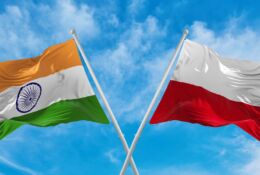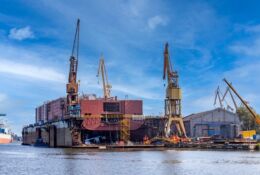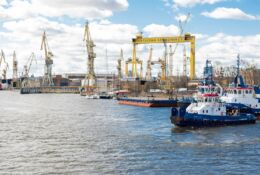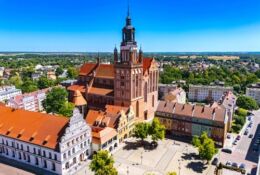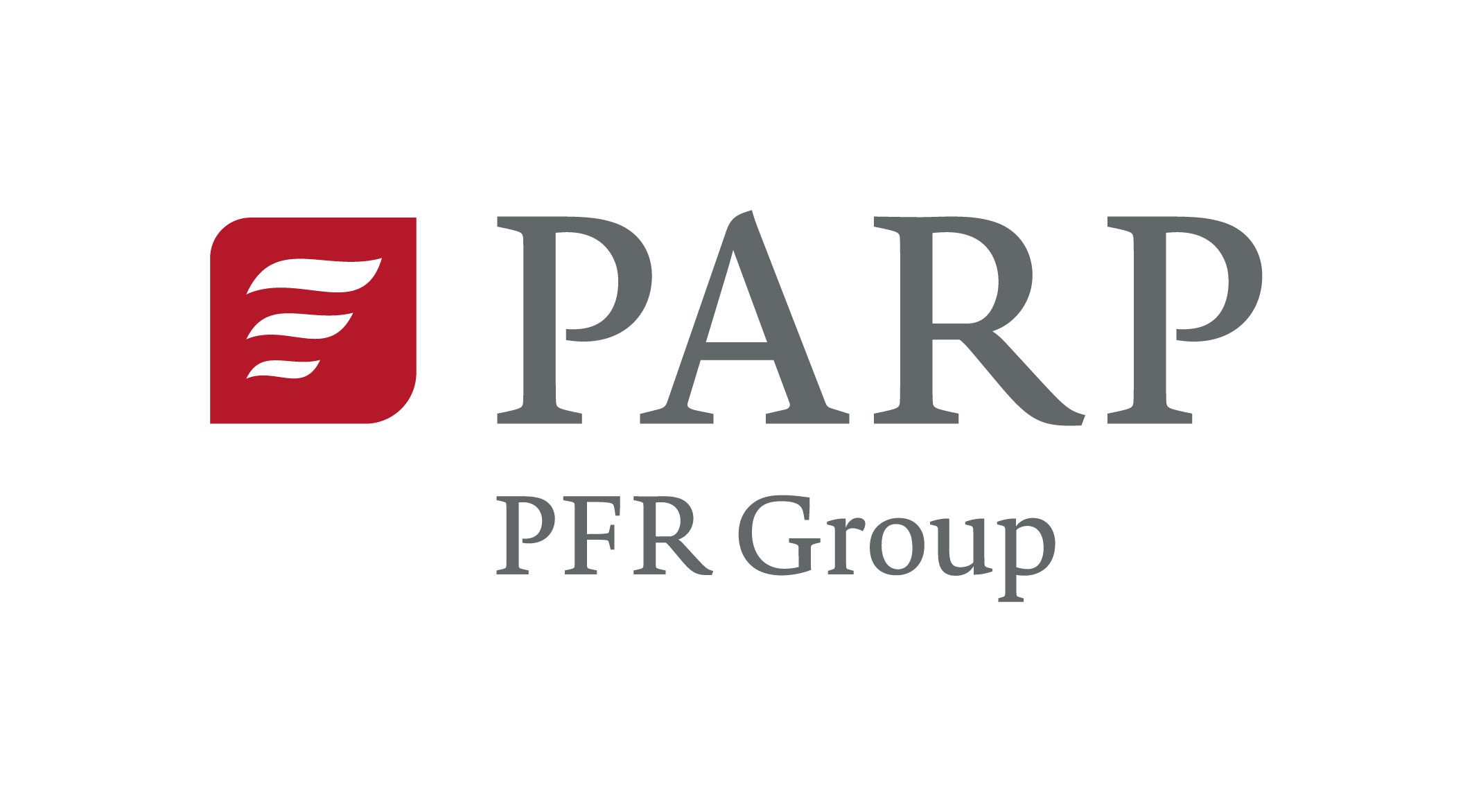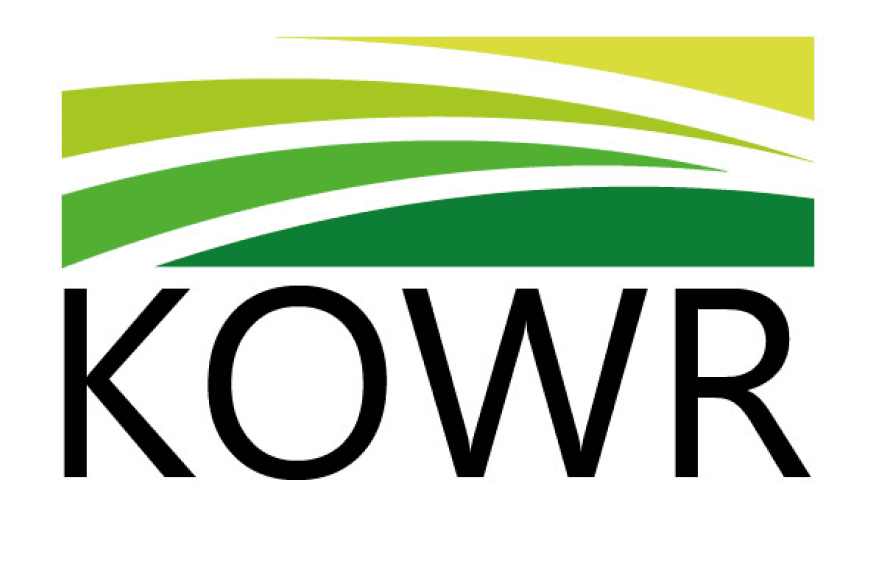Poland – Europe's logistics leader
The Polish road transport sector plays one of the leading roles in the European trade in goods. Poland, as a leader in cabotage and cross-trade transport, connects the East with the West, ensuring efficiency and reliability in the carrying out of transport orders.
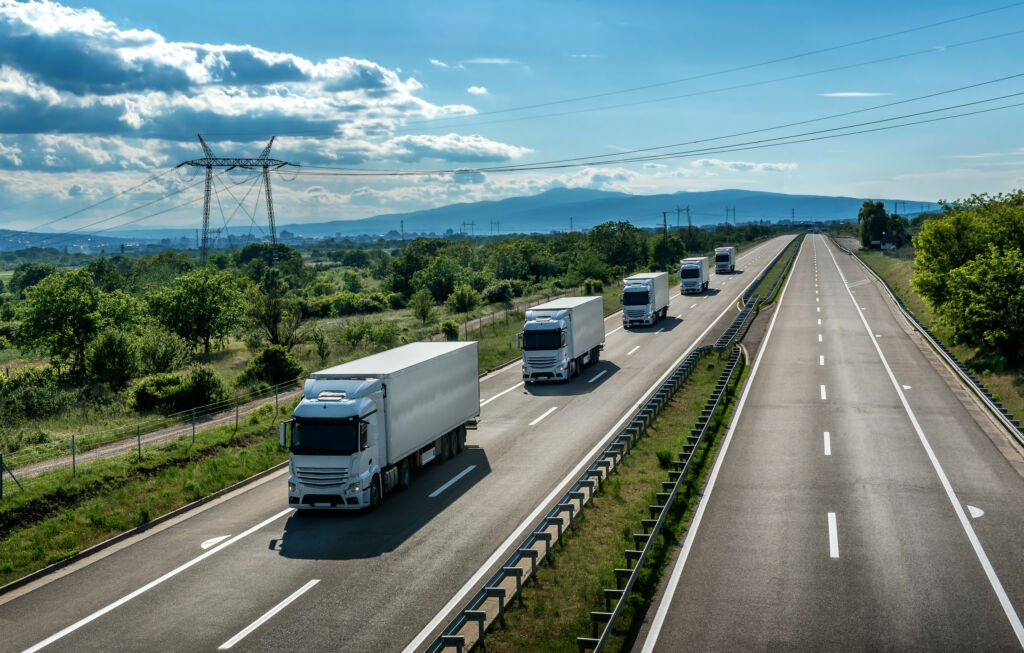
In recent decades, Poland has grown into a European leader in the road transport industry – it is responsible for 20 per cent of the EU’s transport. This is due to both our favourable geographical location and the ability of Polish entrepreneurs to react quickly to market changes.
Geographical advantages
Poland, located in the centre of Europe, serves as a transport hub connecting the East with the West and the North with the South. Borders with seven countries and access to the Baltic Sea make Poland a natural logistics hub for the international flow of goods. According to Eurostat data, Polish transport companies accounted for 20 percent of freight transport in the European Union in 2023, making them the leaders in the European market.
The Trans-European Transport Network (TEN-T) corridors running through Poland play a key role in servicing international supply chains. The Baltic-Adriatic corridor, connecting the ports of Gdansk and Gdynia with Vienna and northern Italy, and the North Sea-Baltic corridor, connecting Polish ports with Germany and the Benelux countries, are among the most important in Europe. Investments in the development of transport infrastructure as part of these corridors in 2020–2023 amounted to over PLN 10 billion, which contributed to increasing the efficiency of the flow of goods.
Seaports are an important element of the Polish logistics system. The Port of Gdansk, the largest in the Baltic Sea in terms of container handling, handled a total of 2.2 million TEU (container units) in 2024, which is almost 200 thousand TEU more than the year before. It is also worth emphasizing the growing role of the port of Świnoujście, which has gained importance thanks to the LNG terminal and the growing demand for maritime transport in the region.
Poland also has one of the largest transport fleets in Europe. At the end of 2023, there were over 45,600 companies registered in Poland which hold a Community license for international transport, which was an increase of 2.4 percent compared to 2022. At the same time, the number of trucks in Poland exceeded 300 thousand, and as much as 64.9 percent of the carriers’ work on the German market (the largest in the EU) was carried out by Polish carriers.
An additional factor strengthening Polish’s position is the growing importance of nearshoring initiatives. Over the past two years, this trend has accelerated, resulting in an increase in the number of logistics projects in Poland by 12 percent in 2023. Thanks to its central location and well-developed infrastructure, Poland is becoming an obvious choice for companies who are moving their production closer to their markets.
Cabotage and cross-trade – Polish specialties
Poland is the undisputed leader in cabotage and cross-trade transport on the European transport market.
Cabotage, i.e. the transport of goods within one country by carriers from another country, is the domain of Polish companies thanks to its competitive operating costs, flexibility and high quality of services. In Germany, which is the largest transport market in Europe, Polish carriers transported as much as 16.7 billion tonne-kilometres in 2023, which accounted for nearly two-thirds of all cabotage transport carried out by companies from other EU countries.
Compared to other countries, Poland also stands out with the number of cabotage transports in countries such as France and Italy. Polish companies shares in cabotage in these countries is 10.2 percent and 8.2 percent, respectively, which places Poland at the forefront of European players in these markets.
Cross-trade, i.e. the transport of goods between two countries where the carrier does not have its headquarters, is another area in which Polish companies achieve spectacular results. In 2023, Polish’s share in cross-trade was over 18 percent in the European Union, which means that Polish carriers carried out almost every fifth transport of this type in Europe. The most popular routes were between Germany and France, the Netherlands and Belgium, which underlines the strategic importance of Poland as a key link in Western European supply chains.
Polish’s success in cabotage and cross-trade is the result of several key factors:
- Competitive labour costs: Although salaries in the Polish transport sector are increasing, they are still much lower than in Western Europe, which allows Polish companies to offer competitive prices.
- High quality of services: Polish transport companies are valued for their punctuality, modern fleet and flexibility in adapting to customer needs.
- Scalability: A large number of registered companies makes it possible to handle a wide range of orders, from small transports to complex logistic operations.
- Geographical location: Poland, as the central point of Europe, is a natural bridge between the East and the West, which is conducive to the development of international transport.
Cabotage and cross-trade – Polish specialties
The implementation of Fleet Management Systems (FMS) is one of the most important trends in the transport sector in Poland. Modern solutions allow for real-time monitoring of vehicle locations, route optimization, fuel cost reduction and better planning of maintenance activities. According to the data contained in the report “Road transport in Poland 2024/2025”, already more than 60 percent of large transport companies in the country use advanced digital tools for fleet management.
The next step in the digitization of the sector is the integration of telematics systems with artificial intelligence (AI)-based platforms. This allows companies to predict the demand for transport services, analyse driver behaviour patterns, and minimise the risk of downtime. In 2023, investments in digital technologies in the TSL industry in Poland amounted to about 7.5 percent of the sector’s total capital expenditures, which indicates the growing importance of digitization for Polish carriers.
Fleets of the future – alternative vehicles
The energy transition is becoming one of the biggest challenges for the transport sector in Europe, and Poland is not lagging behind. The number of trucks with alternative drives – electric, LNG (liquefied natural gas) and bioLNG – is still small, but shows steady growth. In 2023, alternative drives accounted for less than 0.5 percent of all registered trucks in Poland, indicating the initial phase of the transformation, but this number is slowly growing.
Despite the high upfront costs, electric vehicles and LNG offer the benefits of lower emissions and lower operating costs. An example of such activities is the development of LNG charging and refuelling infrastructure – in 2023, there were already over 60 LNG stations in Poland, which was an increase of 50 percent compared to the previous year. The increase in the availability of infrastructure is a key factor that will accelerate the transition to greener solutions in transport.
Intermodality as a key direction of development
Investments in intermodal transport solutions, connecting various modes of transport, are becoming more and more popular in Poland. An example is the construction of intermodal terminals, which enable efficient transshipment of containers between road, rail and sea transport. In 2023, there were more than 40 intermodal terminals in operation in Poland, with more under construction or planning.
The role of intermodal transport in reducing greenhouse gas emissions cannot be overestimated – transporting cargo over longer distances by rail instead of road reduces carbon dioxide emissions by about 60-80 percent. Polish transport companies that invest in intermodality gain not only efficiency, but also attractiveness in the eyes of international partners, for whom sustainable development is becoming a priority.
Smart warehouses and automation
With the development of the logistics sector, smart warehouses equipped with advanced management systems (WMS – Warehouse Management Systems) and automatic technologies such as warehouse robots are becoming increasingly important. The share of investments in warehouse infrastructure in the TSL sector increased from 53 percent in 2015 to 57.4 percent in 2023, reflecting the growing need to develop warehouse and distribution services.
Examples of applications include automated goods sorting systems that increase the efficiency of logistics processes, and solutions that monitor CO₂ emissions in real time, which is becoming standard in the face of increasing sustainability requirements.
Source: Employers’ Association „Transport i Logistyka Polska”, Transport drogowy w Polsce 2024/2025
- Everything
- News (325)
- Events (182)
- Get Support (83)
-
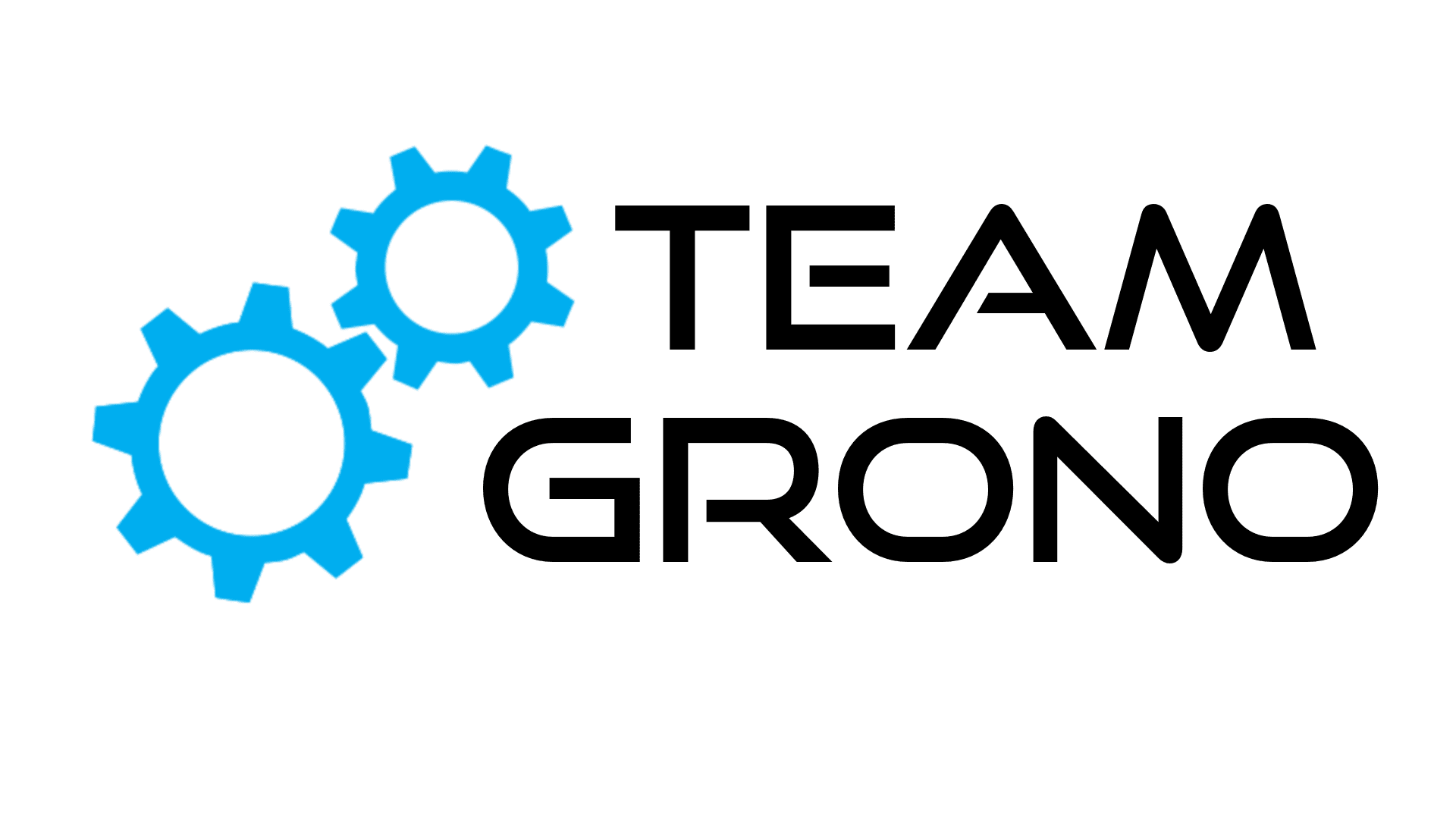
TEAM GRONO Spółka Z o.o.
Show more Show lessOver 25 years of experience in manufacturing, sales, repair and regeneration of diesel fuel equipment. Our team consists of professionals and industry experts. We deal with manufacturing and regeneration of fuel equipment of diesel. Each order is treated individually and our actions always ends with success. Our work we solidly and satisfa
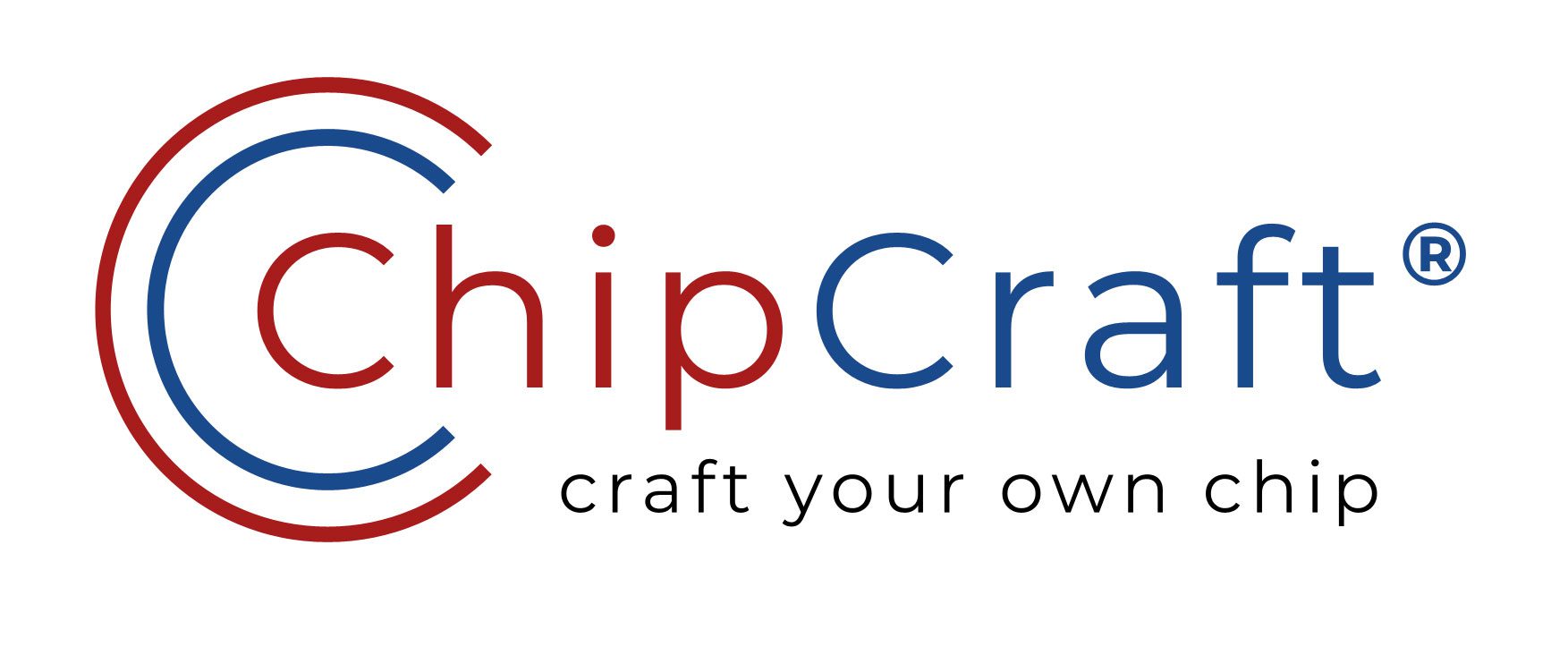
CHIPCRAFT SPÓŁKA Z OGRANICZONĄ ODPOWIEDZIALNOŚCIĄ
Show more Show lessChipCraft is a private fabless semiconductor manufacturer that specializes in GNSS technology. The company provides fully integrated, all-band, all-constellation GNSS receivers of high precision and reliability. The NaviSoC receiver is offered as a chip and as a module, and is dedicated to consumer, industrial and automotive markets. ChipCraft also offers custom silicon design and development services for ASIC and FPGA, as well as silicon-proven IP blocks and IP cores, for multimarket sectors.
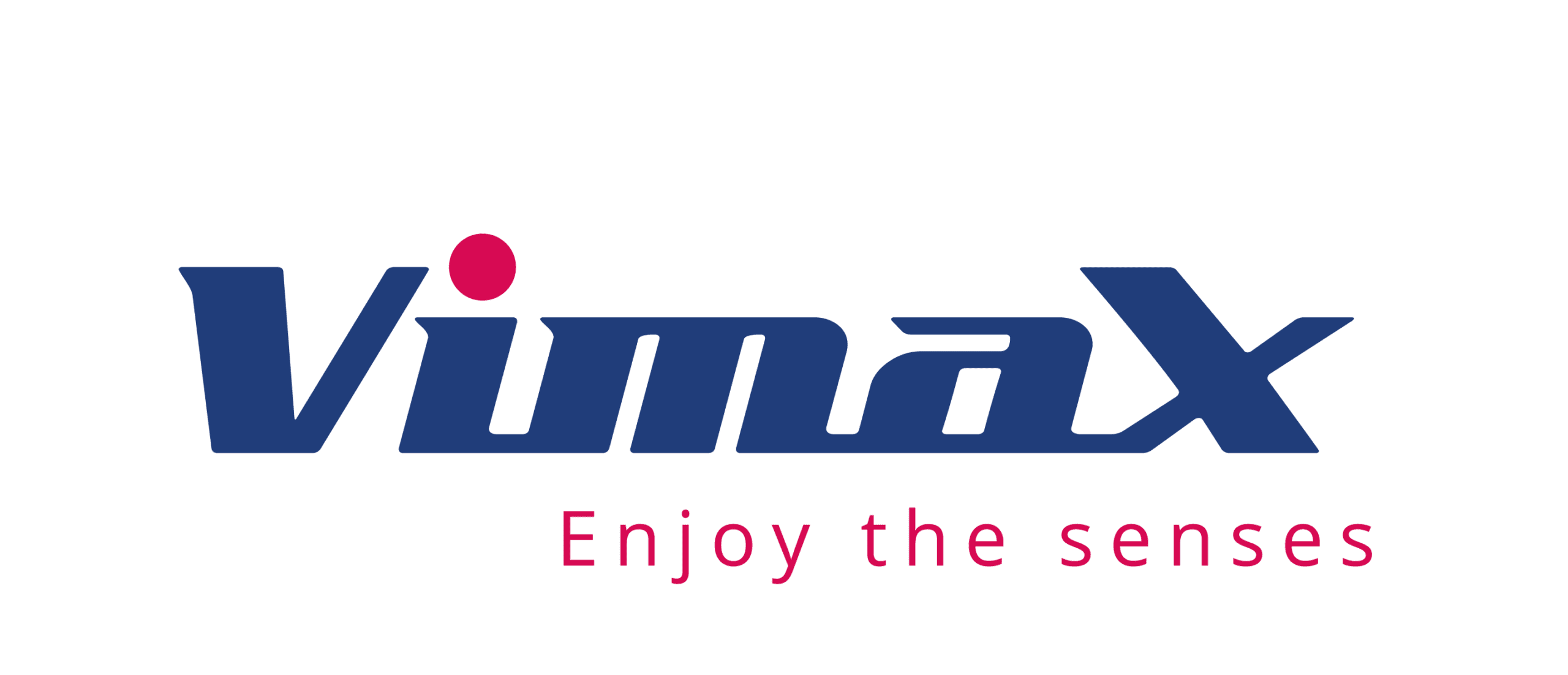
VIMAX FLAVOURS & INGREDIENTS SPÓŁKA Z OGRANICZONĄ ODPOWIEDZIALNOŚCIĄ
Alcoholic and non-alcoholic beveragesDairy productsFruit, vegetables, mushrooms and products thereofPrepared meat and sausagesBaked goods and sugar confectioneryCereals and products of the milling industryOther food productsShow allShow more Show lessWe are one of the biggest polish flavour houses. For over 35 years VIMAX has been appealing to the human senses by creating original compositions of flavouring products. We offer over 4,000 products. Continuous development and a wide range of flavouring preparations based on our own know-how have earned our company a place at the forefront of domestic producers of food additives. We manufacture our products in accordance with the FSSC 22000 certificate.

"ALIVE" SPÓŁKA Z OGRANICZONĄ ODPOWIEDZIALNOŚCIĄ
VehiclesAutomotive industryCombustion engines, motors and parts thereofLocomotives, rolling stock, special vehicles and parts thereofElectric engines and batteriesAerospace industryTiresVehicle parts (excluding engines)Show allShow more Show lessAliff is a Polish company specializing in the design and production of special vehicle bodies, mobile modules, and dual-use solutions for defence, civil protection, and critical infrastructure sectors. We focus on pickup conversions, modular systems, power integration, and advanced technologies, combining strong manufacturing experience with modern engineering and operational design.
-
 Event
EventXXXI International Fair PETROL STATION 2026
The International Fair PETROL STATION 2026 will take place on 13–15 May 2026 at EXPO XXI, Warsaw, Po…
 Event
EventEast x West Forum 2026
East x West Forum 2026 will take place in April 2026 in Wrocław, Poland
-
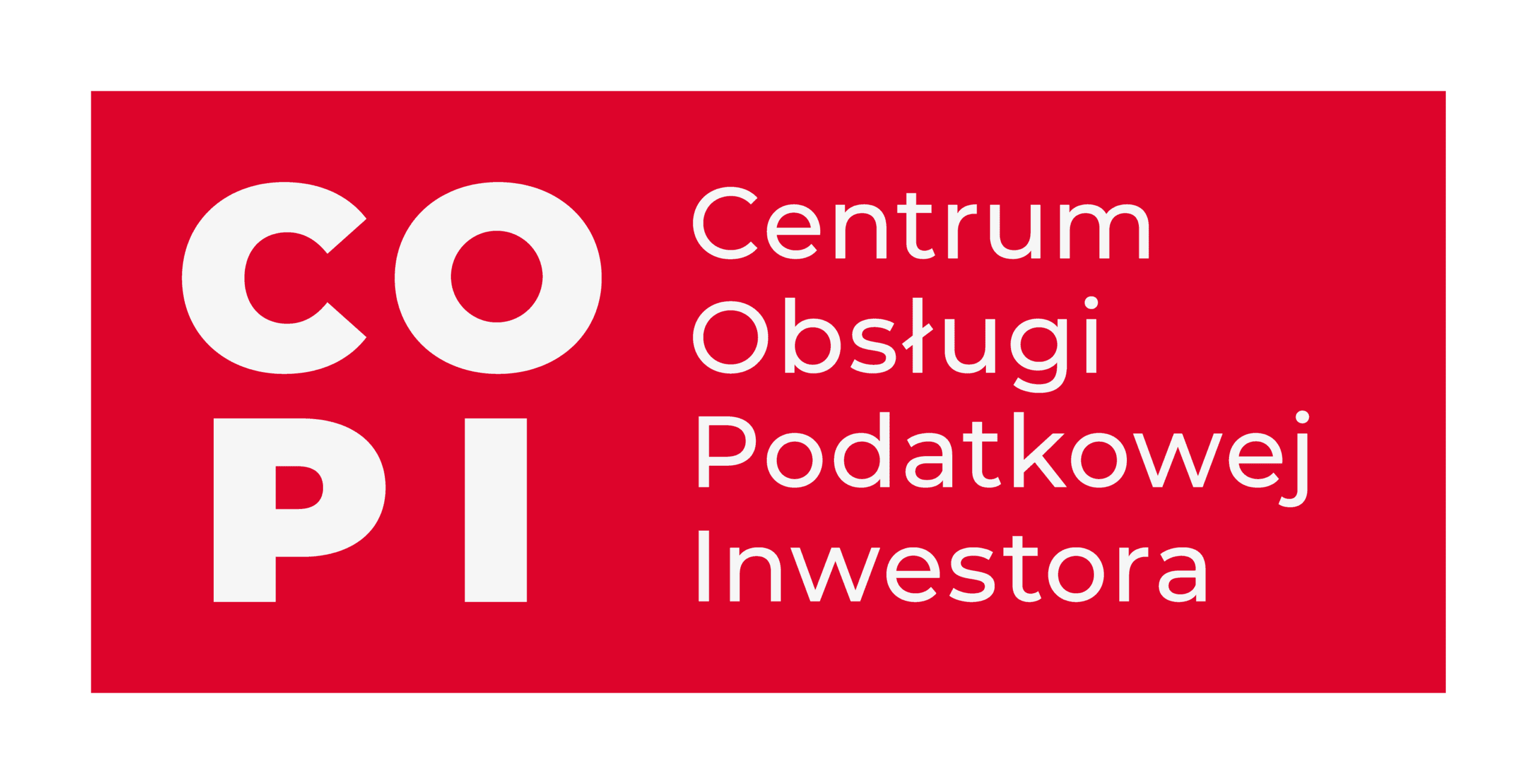 Institution
InstitutionThe Investor Tax Service Center
The Investor Tax Service Center is a unit operating within the Ministry of Finance
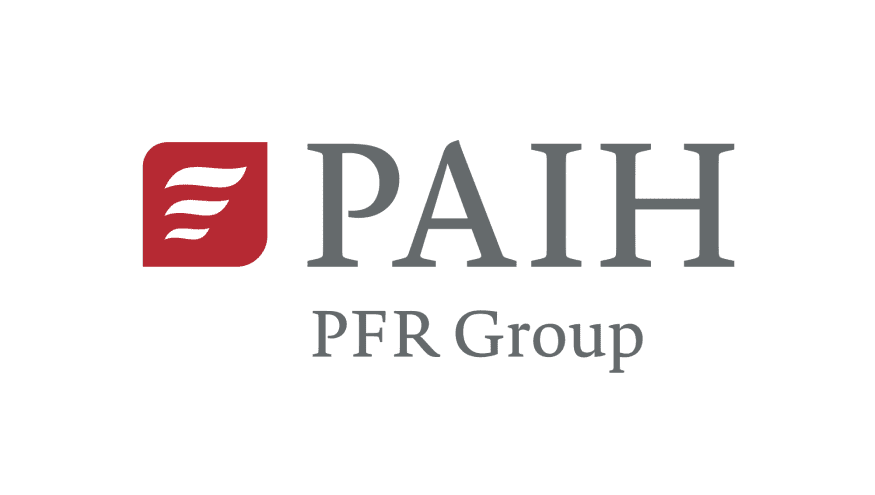 Institution
InstitutionPolish Investment and Trade Agency (PAIH)
The Polish Investment and Trade Agency (PAIH) is the partner of first-resort for entrepreneurs when …
The Export Promotion Portal uses cookies to make it easier for users to use the website and for statistical purposes. If you do not block these files, you agree to their use and saving in the memory of your computer or other device. Remember that you can change your browser settings to block the storage of cookies. More information can be found in Privacy Policy and Terms and conditions.
